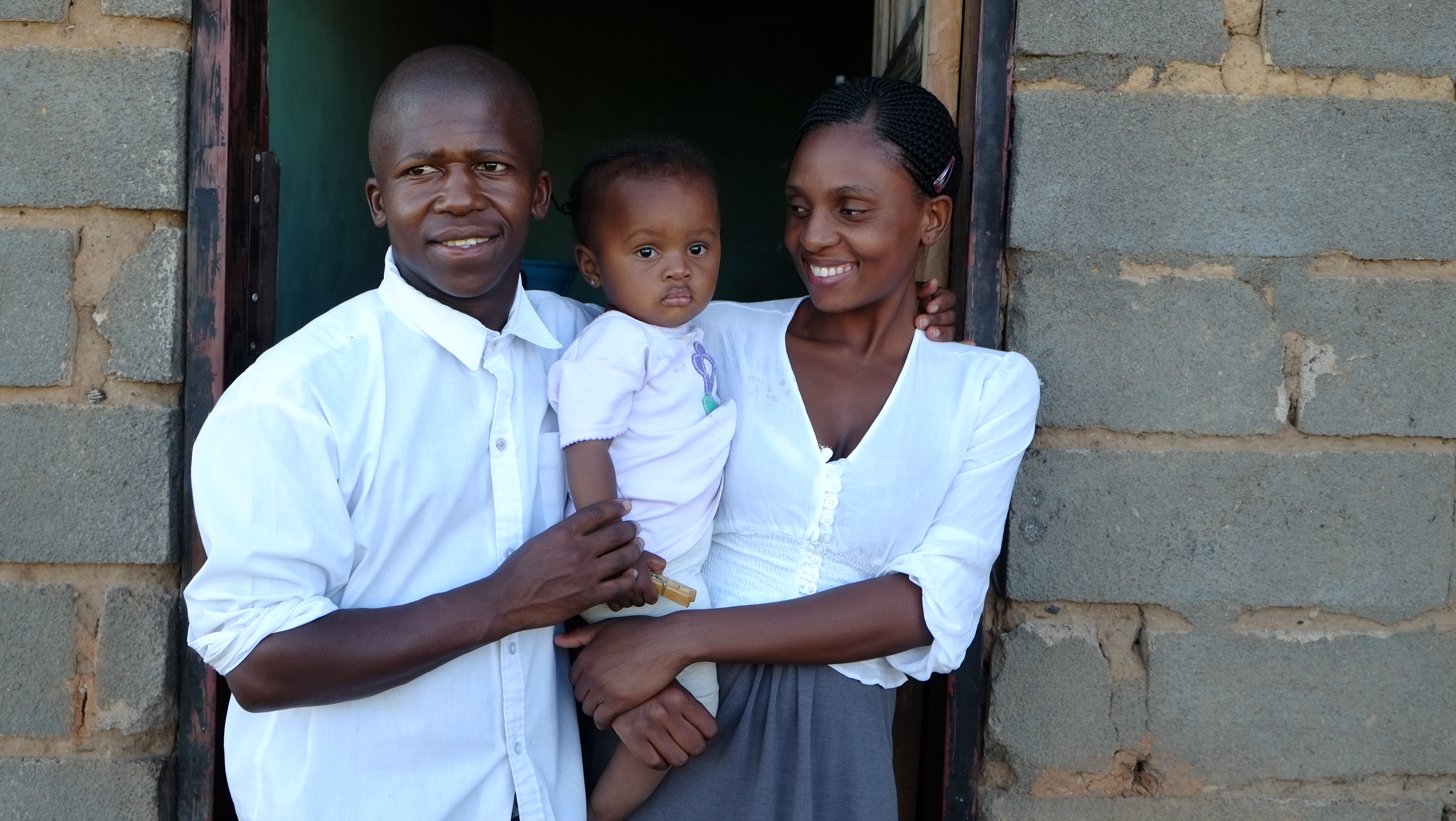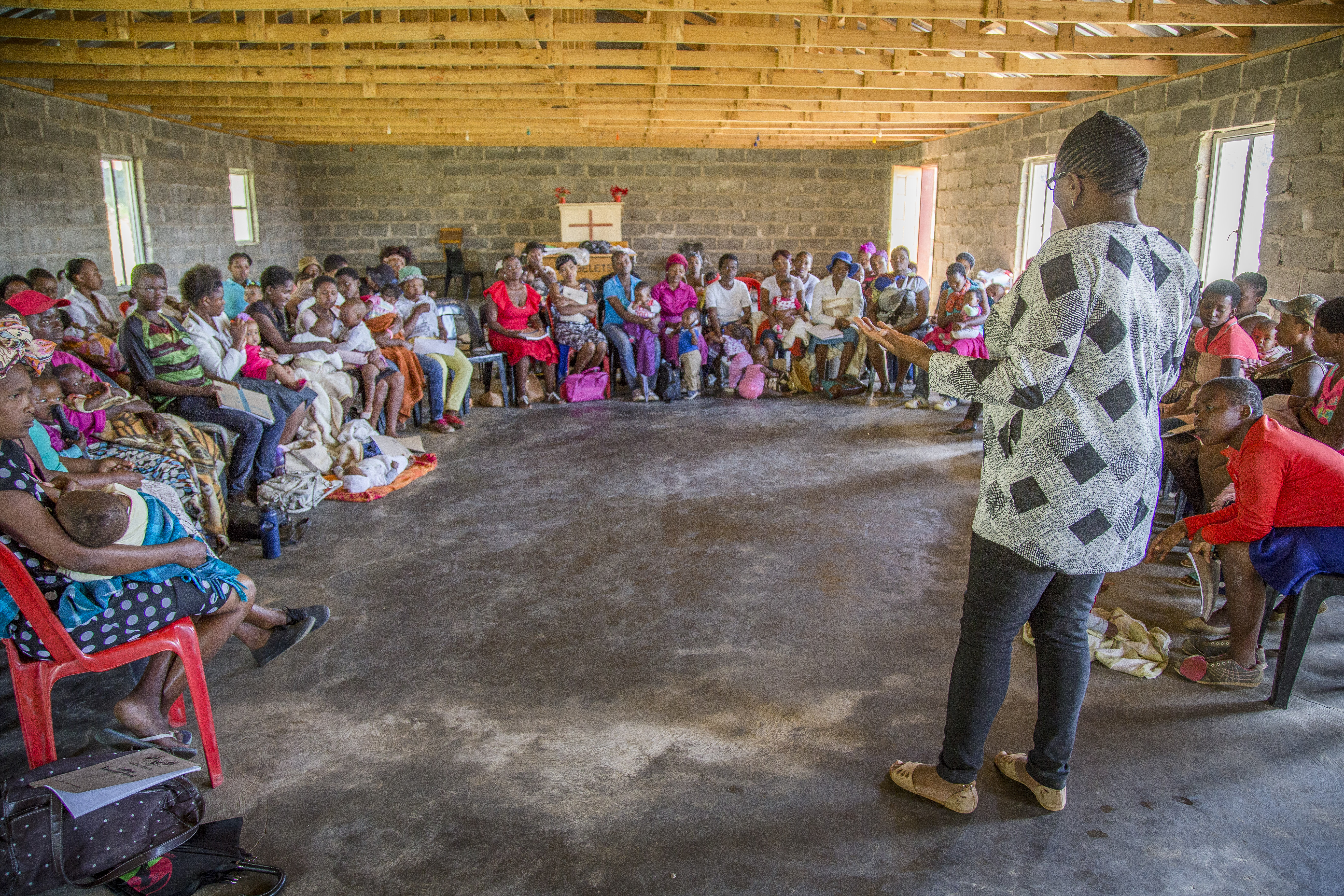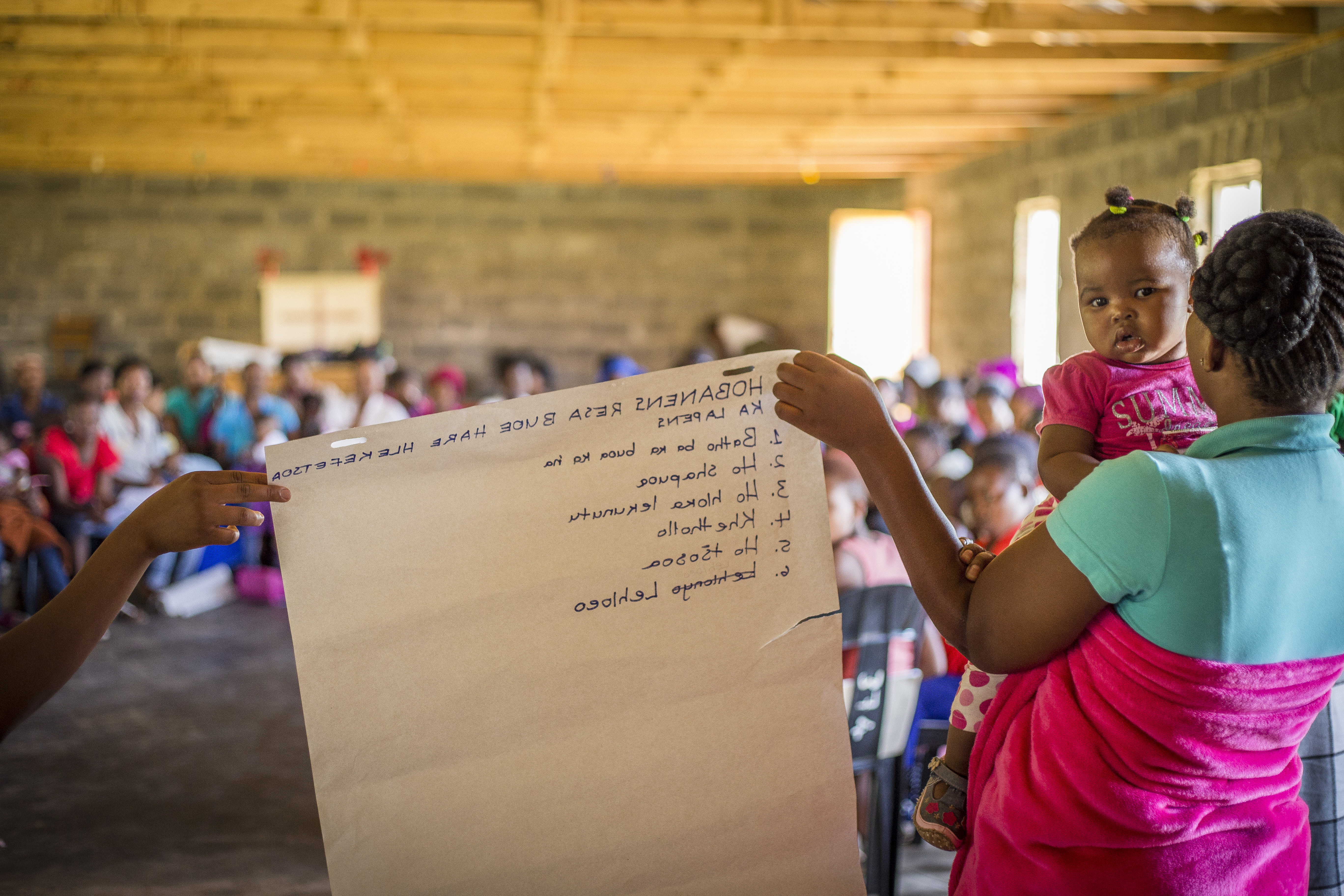By Dr. Peg Herbert | Help Losotho
The HIV/AIDS pandemic has rendered Lesotho girls vulnerable to teenage pregnancy and early marriages. Of all pregnancies in Lesotho, 55% are among adolescent girls and young women (20.7% among 15 – 19-year-olds and 34.3% among 20 – 24-year-olds). Of adolescent girls 15 – 19 in Lesotho, 45.9% have had sexual intercourse, of whom one in three has an unmet need of a modern contraceptive method. Butha Buthe and Thaba-Tseka districts report the highest teenage childbearing rates at 25% and 21% respectively and are among the districts with the lowest use of modern contraception.
With 25% of people HIV-positive, Lesotho has a significant cohort of youth growing up without parents to teach them basic knowledge about their reproductive health. Early pregnancy among young girls is on the rise and there has been little support, knowledge, or resources to help them live healthy lives with their babies.

Five years ago, a Young Mother Support Program was developed for pregnant or lactating new mothers as young as 14 looking for support and information to better care for their children. Local chiefs encouraged pregnant teens and young mothers from their rural villages to participate in weekly community-based support groups to learn about pre- and post-natal care, depression, basic parenting skills, contraceptives, early child development, and prevention of HIV mother-to-child transmission. The sessions also encourage peer support, tools for boosting self-esteem, and activities to strengthen their agency and ability to speak up for themselves amid stigmatization, fears and unhealthy myths.
Increasing access to information and resources for these young mothers is just the start.

While the girls were becoming more confident and informed, community leaders soon realized a critical gap – the engagement of boys and men. In fact, feedback from one community discussion indicated that many of the participating young girls experienced push back from their boyfriends, husbands, and even family members who felt intimidated by changing power dynamics and the girls’ growing confidence. In some cases, this led to instances of gender based violence and loss of the agency needed to stand up and speak up for themselves.

To address this, project staff quickly determined the need to strengthen community partnerships including with local religious leaders, chiefs, school principals and community councils. We asked: what is your advice in moving forward and supporting these young mothers? Their advice was unanimous: we had to involve the men – not too much as to overshadow the emphasis on the women but enough so that the men felt included, and were made aware of what actually is discussed during the program so that they didn’t ‘imagine’ the worst. They also suggested that we include the mothers-in-laws, who have substantial social power in families in the Basotho culture.
These partnership meetings generated challenging discussions about the rights and needs of girls and women. Events were held where girls shared what they were learning and how they needed the community to support them and their babies. Never before had these girls stood before the community to champion their rights and state their needs. It was life changing – not just for the girls but also for community members and leaders.
Overcoming centuries of patriarchy, community leaders began championing the young women. One rural priest said:
The girls who graduate from the program are no longer invisible. They speak up and tell the community what they need and work together to teach our community about gender equity, and we are ready to listen.
Because of this direct involvement in the process, local leaders now feel a sense of pride rather than fear, that these young mothers are part of the positive future of their communities.

Engaging and partnering within the community was critical to the success of this program and to providing girls and women with the support they need and deserve. As the dialogue and partnership has continued, community members have come to see that gender equity, HIV prevention, and sexual reproductive health has a ripple effect building trust and benefitting everyone.
The program continues holding community meetings and has begun initiating advocacy days at the end of the program to further engage stakeholders at all levels. During these days, there are marches, performances, speeches and rallies which further build confidence and solidarity while also encouraging community and family members to directly and publicly support the young girls.

Young Mother Program Officer, Shasha Makhauta, says, “We now have community leaders coming to us to praise these young women and stand up for their rights within their communities. They recommend girls to our program with pride. Partnering with community leaders in such a direct way has really made all the difference.”
Change is difficult and as this program demonstrated, community level partnerships may be the key to driving sustainable progress. Everyone needs to be involved. It does take a village!
